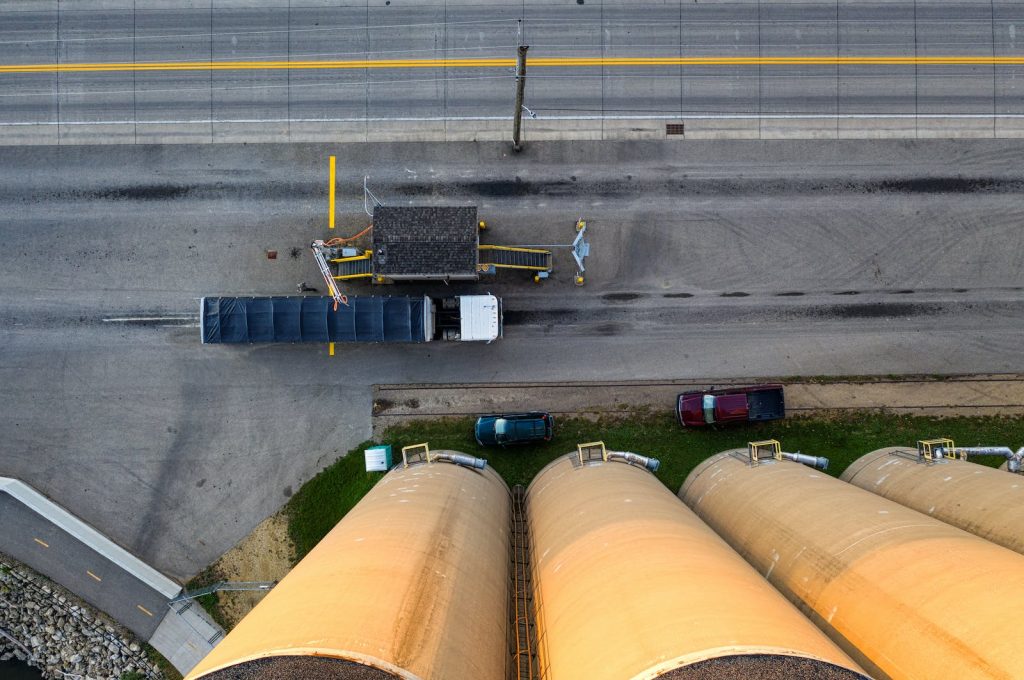As the world transitions towards a more sustainable and renewable energy future, the role of ethical investments in energy storage technologies becomes increasingly crucial. Energy storage technologies play a vital role in maximizing the efficiency and reliability of renewable energy sources, such as solar and wind power. In this article, we will evaluate the impact of ethical investments in energy storage technologies, exploring their environmental benefits, economic advantages, and social implications. By understanding the positive outcomes of ethical investments in energy storage, we can further drive the adoption of these technologies and accelerate the transition to a sustainable energy landscape.
Environmental Benefits of Ethical Investments in Energy Storage
Ethical investments in energy storage technologies offer significant environmental benefits:
- Integration of Renewable Energy: Energy storage technologies enable the integration of renewable energy sources into the grid. By storing excess energy generated from renewable sources during periods of low demand, energy storage systems help balance supply and demand. This reduces the reliance on fossil fuel-based power plants, leading to a substantial reduction in greenhouse gas emissions and mitigating the impact of climate change.
- Reduced Curtailment of Renewable Energy: Ethical investments in energy storage technologies minimize the curtailment of renewable energy. During periods of high renewable energy generation, when the grid cannot absorb all the energy produced, excess energy is often wasted. Energy storage systems can capture and store this excess energy for later use, reducing curtailment and maximizing the utilization of renewable energy resources.
- Grid Stability and Resilience: Energy storage technologies enhance grid stability and resilience. By storing energy during times of low demand and releasing it during peak demand periods, energy storage systems help balance the grid and mitigate fluctuations in renewable energy generation. This improves the reliability and efficiency of the overall energy system, reducing the need for backup fossil fuel-based power plants.
- Reduction of Air Pollution: Ethical investments in energy storage technologies contribute to the reduction of air pollution. By displacing fossil fuel-based power generation, energy storage systems help reduce the emissions of harmful pollutants, such as sulfur dioxide, nitrogen oxides, and particulate matter. This has significant health benefits, improving air quality and reducing the incidence of respiratory diseases in communities.
- Promotion of Sustainable Transportation: Energy storage technologies play a crucial role in promoting sustainable transportation. By enabling the storage and efficient use of renewable energy, these technologies support the electrification of transportation, such as electric vehicles (EVs). Ethical investments in energy storage systems for EV charging infrastructure contribute to the reduction of greenhouse gas emissions from the transportation sector, leading to cleaner and more sustainable cities.
Economic Advantages of Ethical Investments in Energy Storage
Ethical investments in energy storage technologies offer various economic advantages:
- Integration of Renewable Energy into the Grid: Energy storage technologies facilitate the integration of renewable energy into the grid, reducing the need for expensive grid infrastructure upgrades. By smoothing out fluctuations in renewable energy generation, energy storage systems help avoid costly investments in additional transmission and distribution infrastructure. This leads to cost savings for utilities and consumers alike.
- Peak Demand Management: Ethical investments in energy storage technologies enable effective peak demand management. By storing energy during periods of low demand and releasing it during peak demand periods, energy storage systems help reduce the strain on the grid during times of high electricity consumption. This reduces the need for utilities to purchase expensive electricity from peaker plants, resulting in cost savings for both utilities and consumers.
- Ancillary Services: Energy storage technologies can provide ancillary services to the grid, such as frequency regulation and voltage support. By responding rapidly to grid imbalances, energy storage systems help maintain grid stability and reliability. Ethical investments in energy storage for ancillary services create revenue streams for project developers, contributing to the economic viability of these technologies.
- Job Creation and Economic Growth: Ethical investments in energy storage technologies stimulate job creation and economic growth. The deployment and maintenance of energy storage systems require a skilled workforce, creating employment opportunities in manufacturing, installation, operation, and maintenance. Additionally, the growth of the energy storage industry contributes to economic development and attracts investments in local communities.
- Energy Cost Savings: Ethical investments in energy storage technologies can lead to energy cost savings for consumers. By storing excess energy during periods of low demand and utilizing it during peak demand periods, energy storage systems help reduce the reliance on expensive electricity during peak hours. This can result in lower electricity bills for consumers and businesses, improving affordability and energy access.
Social Implications of Ethical Investments in Energy Storage
Ethical investments in energy storage technologies have significant social implications:
- Energy Access and Equity: Energy storage technologies contribute to improving energy access and equity. By enabling the storage and distribution of renewable energy, these technologies can reach remote and underserved communities that lack reliable access to electricity. Ethical investments in energy storage systems for off-grid and decentralized applications ensure that these communities have access to clean and affordable energy, empowering them to improve their quality of life and economic opportunities.
- Resilience and Disaster Preparedness: Ethical investments in energy storage technologies enhance community resilience and disaster preparedness. During natural disasters or grid outages, energy storage systems can provide backup power, ensuring critical services like hospitals, emergency response centers, and communication networks remain operational. This improves the overall resilience of communities and reduces the impact of unforeseen events.
- Education and Awareness: Ethical investments in energy storage technologies contribute to education and awareness about sustainable energy practices. By supporting research, development, and deployment of these technologies, investments create opportunities for knowledge sharing and capacity building. This leads to increased awareness among communities, policymakers, and stakeholders about the importance of renewable energy and energy storage, fostering a culture of sustainability.
- Community Engagement and Participation: Ethical investments in energy storage technologies promote community engagement and participation. Involving local communities in the decision-making process and implementation of energy storage projects ensures their needs and concerns are taken into account. This fosters a sense of ownership and empowers communities to actively participate in the transition to a sustainable energy future.
- Health and Well-being: Ethical investments in energy storage technologies have positive impacts on health and well-being. By reducing air pollution and greenhouse gas emissions, these technologies contribute to improved air quality, which has direct health benefits for communities. Cleaner air reduces the risk of respiratory diseases and improves overall well-being, leading to healthier and more vibrant communities.
Conclusion
Ethical investments in energy storage technologies have a profound impact on the environment, economy, and society. By enabling the integration of renewable energy, reducing greenhouse gas emissions, improving grid stability, and promoting energy access and equity, these investments play a crucial role in driving the transition to a sustainable energy landscape. The economic advantages, such as cost savings, job creation, and revenue streams, further enhance the viability and attractiveness of energy storage technologies. Additionally, the social implications, including improved resilience, community engagement, and health benefits, ensure that these investments have a positive and lasting impact on local communities. As we continue to prioritize ethical investments in energy storage technologies, we can accelerate the adoption of renewable energy and create a more sustainable future for generations to come.


































